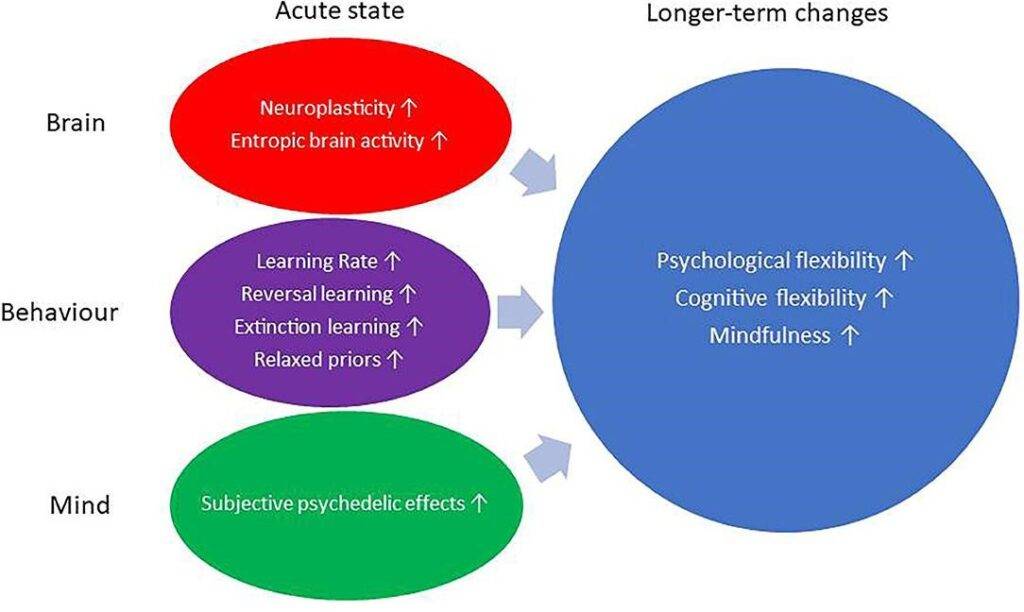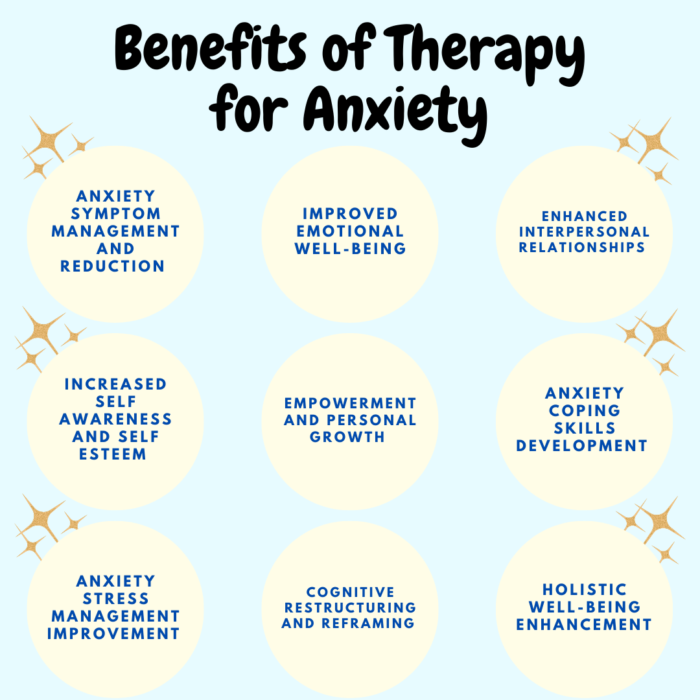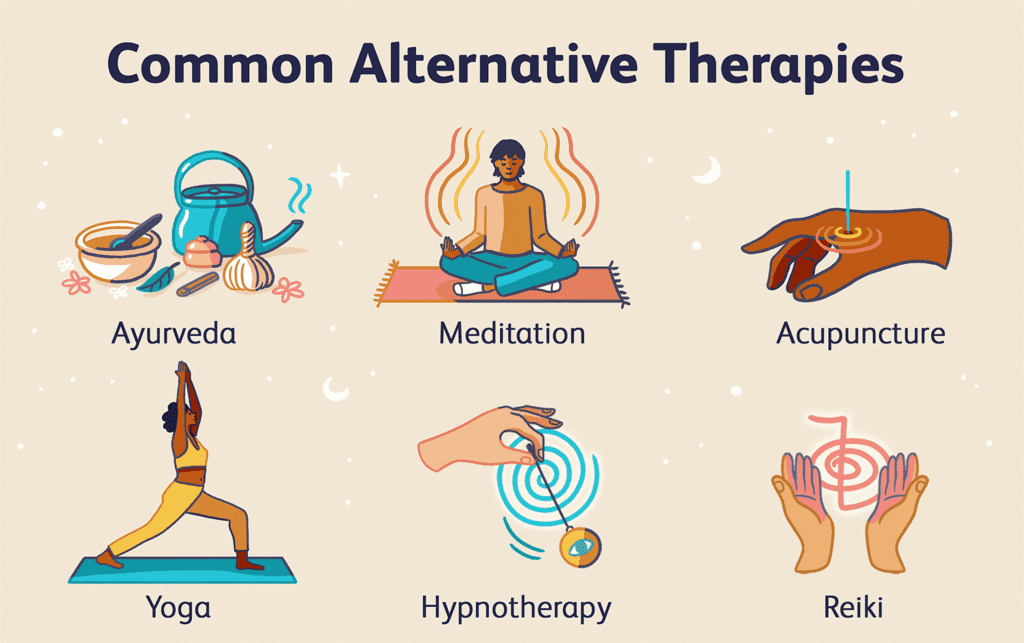DMT treatment has opened a new door of possibility for those caught in the grip of anxiety, depression, or addiction. Research by PubMed states that natural therapeutic alternatives such as psychedelic drugs may provide a safe and efficient alternative to conventional medications used to treat mood and anxiety disorders. Unlike other substances, DMT, which belongs to this class of psychedelic drugs, is less prone to addiction and tolerance. It has thus become a subject of interest for medical experts worldwide to study it as a treatment alternative. In the article below, we have simplified everything about DMT treatment. We have also evaluated its various benefits and risks to help one get clarity about its usage.
Understanding DMT
DMT is a powerful hallucinogen that is commonly found in certain plants and animals, as well as in trace amounts in the human body. It has been used for centuries in rituals and indigenous ceremonies for its mind-altering effects and potential therapeutic properties.
The National Institute of Health research reveals that there has been a significant and historical record of the medicinal use of DMT occurring long before the advent of psychedelic therapy. Since DMT has a lower potential for overdose and addiction as compared to other substances, it has been a subject of study for researchers for its potential role in treating depression, anxiety, PTSD, etc. Now, let’s dig deeper to understand what DMT therapy is.
What is DMT-assisted therapy?
DMT-assisted therapy is a practice of DMT application under a trained therapist’s guidance. It helps people quickly deal with mental health issues and accelerates personal growth. People who want therapeutic benefits or wish to experience their thoughts and emotions differently undergo it. There can be different goals for taking DMT treatment, which usually differs from person to person. Some common therapeutic goals include resolving trauma, processing difficult emotions, and self-reflection. Though it has some benefits, it is always advisable to do it with precaution. People with prior medical conditions or those under medications should be cautious about its usage. The below segment talks about the benefits of DMT treatment in detail.
Is Addiction Holding You Back?
Benefits of DMT-assisted therapy

Reduces dependency on medications
DMT-assisted therapy helps one walk the path of self-recovery and healing. It helps reduce one’s reliance on medications for relief and improvement.
Enhances quality of life
DMT treatment enhances quality of life by improving one’s overall well-being. It acts as a catalyst for personal growth and helps one find meaning and purpose in life.
Helps in healing through emotional experiences
DMT treatment helps individuals process their past trauma and experiences in a safe and supportive environment. It allows them to rescue themselves from that stored emotional stigma that hurls their growth.
Helps in self-exploration
DMT helps individuals see their life problems and challenges from a new perspective. The profound insights provided by therapy help one clarify one’s thoughts and deepen one’s relationship with oneself.
Helpful in treating various medical conditions
Compared to traditional methods, DMT is more efficient in helping individuals cope with their medical conditions. It works towards reducing the symptoms of depression and anxiety, though research is still ongoing to determine its effectiveness.
DMT Therapy for Anxiety, Depression, and PTSD

DMT therapy has garnered the attention of researchers and medical experts curious about its role in treating medical conditions. A study done by NCBI analyzed the effectiveness of DMT in treating depression. To measure the results, they took a sample of adults with signs of depressive symptoms. In conclusion, they found that DMT could be efficient and valuable in depression treatment. However, further studies and observations on more significant groups of patients are still required to assess safety.
Here are some of the other statements made amidst the research done on its effectiveness
- DMT-assisted therapy is not a standalone treatment. For long-term results, it’s most effective when combined with traditional therapy approaches like cognitive behavioral therapy.
- DMT interacts with various brain chemicals, particularly serotonin, which may promote neuroplasticity, which could help break the negative pattern associated with several medical conditions
- DMT can induce profoundly spiritual or mystical experiences that foster one’s connection with self; this can help overcome fear and isolation that emerge as a result of depression. To learn about how DMT meditation plays a role in enhancing this spiritual experience, read this.
Alternatives to DMT treatment

The holistic approach
Holistic healing methods such as massage therapy, herbal medicine, and energy healing help restore the mind-body balance and accelerate healing.
Traditional therapies
Traditional forms of therapy, such as cognitive-behavioral therapy and interpersonal therapy, can be another alternative to DMT therapy. Clinical studies have shown that a synergistic combination of psychopharmacology and psychotherapy may improve outcomes in depression, treatment-resistant depression, and addiction disorders.
Mindfulness and meditation
Alternatives to DMT therapy include mindfulness meditation, yoga, and breathwork. They also focus on deepening one’s connection with oneself and developing positivity for personal growth.
Your Path to Recovery Begins Here
FAQs
1. How does DMT treatment work?
DMT interacts with various neurotransmitters in the brain and promotes the brain’s ability to form connections. DMT treatment creates an environment that guides patients throughout their journey and integrates the learnings into their lives.
2. What is DMT treatment?
DMT treatment is a practice of infusing DMT effect with therapy to offer a promising avenue for personal growth and healing.
3. What are the benefits of DMT treatment?
DMT treatment helps one fight negative thoughts and build self-awareness, leading to a positive change. It is mainly considered beneficial in treating mental health conditions like depression, anxiety, and addiction.
4. Can DMT treatment help with depression anxiety?
Research is still ongoing to determine the accurate efficiency of DMT treatment in treating anxiety and depression. But, by far, it has shown to be more effective in reducing its symptoms than traditional methods.
5. What are alternatives to DMT treatment?
The various alternatives to DMT treatment include traditional and complementary therapies. These include psychotherapy, mindfulness-based techniques, brain stimulation exercises, etc.
Conclusion
Evaluating any medical treatment’s potential risks and benefits is essential before undergoing it. This article has provided a clear understanding of both aspects, allowing us to take the next step towards recovery and lifestyle modifications. Therapy has emerged as the most effective form of DMT treatment. However, one can make the most of it by integrating the journey’s learnings into daily life.









